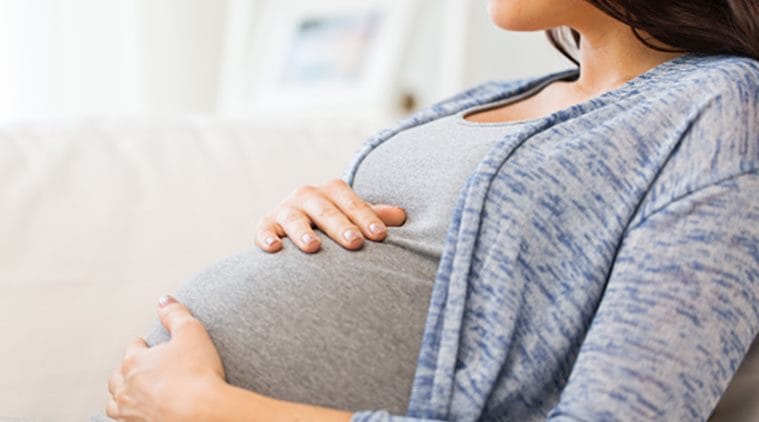Why iodine is important during pregnancy and for new mothers

In India, the entire population is prone to Iodine Deficiency Disorder (IDD) due to deficiency of iodine in the soil of the subcontinent and consequently the food derived from it.

By Dr Ranjana Dhanu
When it comes to pregnancy, there’s an immeasurable amount of emphasis on the importance of making positive dietary and lifestyle changes, before and during pregnancy. A good diet, plenty of rest, minimal stress levels and a healthy environment all contribute to a healthy baby. Optimum iodine levels are necessary to sustain a healthy pregnancy. Iodine deficiency can actually also make it harder to get pregnant in the first place. For example, even moderate iodine deficiency is linked to an almost 46 per cent reduced chance of becoming pregnant in each cycle, and it increases the risk of miscarriage as well.
In the postpartum period, as the body is still recovering with sleep deprivation and lactation, the nutritional stores are depleted. While many things can’t be controlled during this time, mothers can keep in mind the key nutrients the body requires following birth to support a healthy recovery. Not only will this improve the health of her health but also of the baby, especially if breastfed.
One of the vital nutrients is Iodine; it is an essential mineral that is crucial for optimal thyroid, brain and metabolic health. Everything from breathing and heart rate to body weight and muscle strength depend on iodine to function better. When iodine levels are too low, sleep disorders and attention deficit may be experienced. Also, depression along with joint or muscle pain is a possibility. Women may also experience more frequent, heavier periods, too.
The mineral Iodine is mainly important for the neurodevelopment of the baby and for avoiding thyroid dysfunction in the mother, which is very common following pregnancy or to avoid hypothyroidism-an underactive thyroid. Thyroid hormones are very essential for proper functioning of every system in our body. It is therefore very important that mothers continue to have a consistent and reliable source of iodine throughout the postpartum period to meet theirs and the babies’ nutritional demands.
Essentially, Iodine should be in all good prenatal multivitamins. However, the requirement for iodine increases from 250mcg in pregnancy to 270mcg whilst breastfeeding. To compensate for the increased need for iodine, mothers need an additional 20mcg per day. This is to support both foetal and maternal thyroid function.
According to the National Institutes of Health, the recommended daily intake of iodine is:
· During preconception: 150 mcg
· During pregnancy: 220 mcg
· During breastfeeding: 290 mcg
In India, the entire population is prone to Iodine Deficiency Disorder (IDD) due to deficiency of iodine in the soil of the subcontinent and consequently the food derived from it. However, according to a study by Indian Journal of Medical Research, 2018 it has been proved that even mild iodine deficiency during pregnancy has irreversible effects on foetal neurodevelopment and consequent cognition and learning abilities of the young child. The children born in iodine-deficient regions on an average have 13.5 intelligence quotient (IQ) points lesser than children born in iodine sufficient regions. Globally, 1.8 billion people are at risk of iodine deficiency due to insufficient dietary iodine intake. In order to combat the risk, salt is fortified with iodine.
Thankfully, it’s not hard to incorporate iodine-rich foods into our daily diet. Experts’ advice to eat a wide variety of fresh vegetables and fruits, seafood, dairy, and eggs, which are good sources of iodine. Other iodine-rich foods include shrimp, corn, iodised salt and grain products, such as bread, fortified pasta, and cereal.
While iodine is a vital part of a healthy diet for the mother and baby, over-consumption of iodine has its own problems. There are reports of infants developing thyroid disorders from excessive iodine exposure in breastmilk, this was typically caused by the mother consuming high levels of iodine supplements or exposure to topical iodine.
(The writer is Consultant- Obstetrician Gynaecologist, Hinduja Hospital,Khar.)
Source: Read Full Article